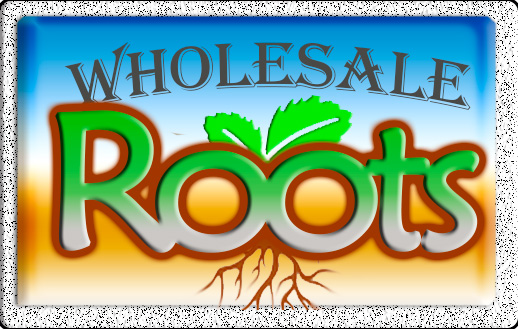COVER HEADER
COVER HEADER
Cover Subline
Cover Subline
Kapadula / Capadulla

Capadula
Fresh Capadulla from the Jungles of Guyana, South America. Wildcrafted Dolicarpus Dentatus.
Capadulla Bark is a male-specific aphrodisiac herb traditionally used by South American and Caribbean men to counter all adverse sexual health conditions
Source: Guyana (Imported Dec 2023) Location: U.S.A. (NYC)
1Lb = $ 60 2Lbs = $105 3Lbs = $150 4Lbs = $180 5Lbs = $210 10Lbs = $399
